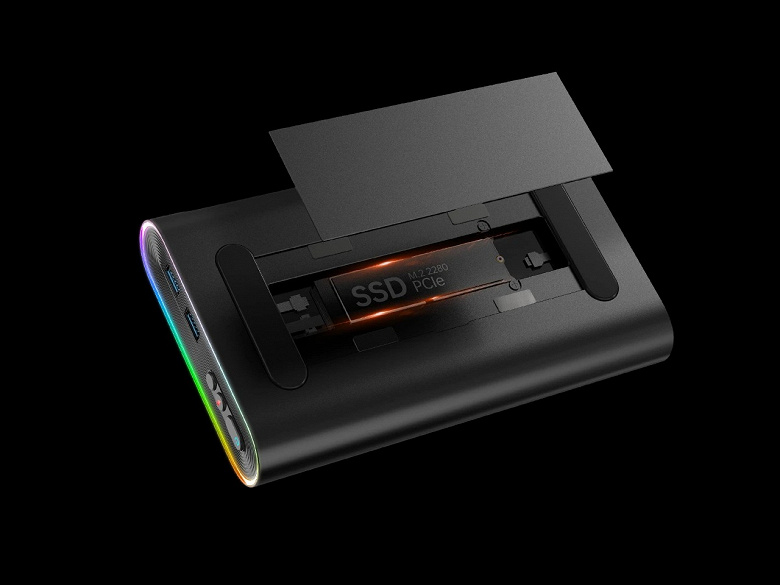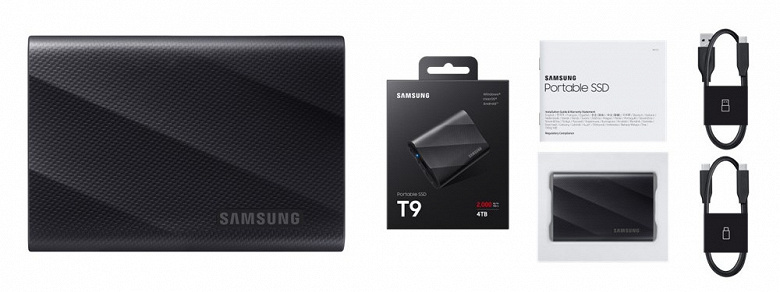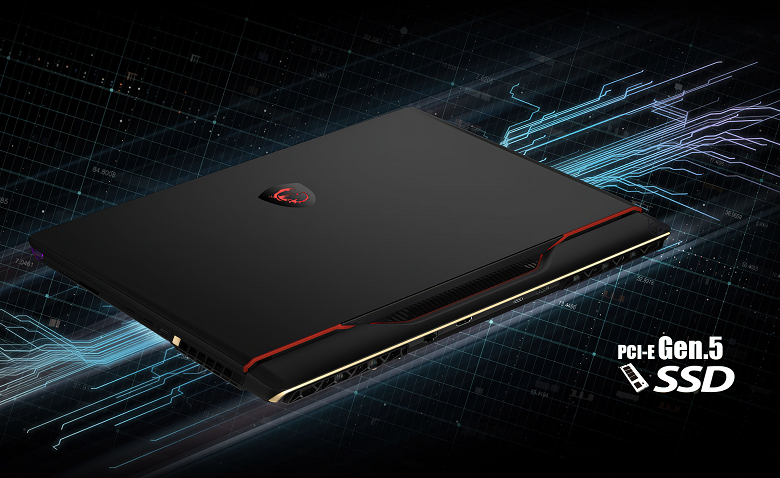Bigger SSDs? – As you may know, the world of technology is almost always standards-based. In other words, the most varied components have to follow a list of rules, to support everything that has already come out, or will come out, on the market.
A good example of this is PCIe, M.2, SATA standards, etc… This is exactly why all graphics cards have the exact same input, and the same is true for NVMe M.2 SSDs or SATA III SSDs.
Well, the problem is when things change… This apparently will happen with the new NVMe PCIe 5.0 SSDs.
Very briefly, the new SSDs, while backward compatible with your motherboard, will most likely not fit in the inlet, or space reserved for high-speed storage.
SSDs will change, and they will no longer fit in your PC!
So, in case you didn’t know, the current SSDs based on the M.2 format, already reach the shelves in the most varied lengths, starting at 30mm, and reaching 110mm. But, one thing has always been more or less common, the maximum width of 22mm! Of course, it always served to ensure that space was no problem, whether it was a banal desktop PC, a laptop, or a professional PC.

Well… These 22mm will stretch a little, to 25mm, due to a change in the PCI specification. A change that went unnoticed by a lot of good people, but which has now started to appear on the recently released X670 and X670E motherboards from ASUS and Gigabyte.
3mm more? Is it that much?
Of course not, but it could be the difference between the drive fitting on your motherboard or not. Also, truth be told, this small change seems to have been made in preparation for the arrival of the new PCIe 5.0 SSDs, in order to counter the temperature rises of the new memory controllers. In other words, to gain space for new refrigeration solutions. In case you didn’t know, it’s very likely that the new PCIe 5.0 SSDs will require active cooling! (Make way for the fans!)









